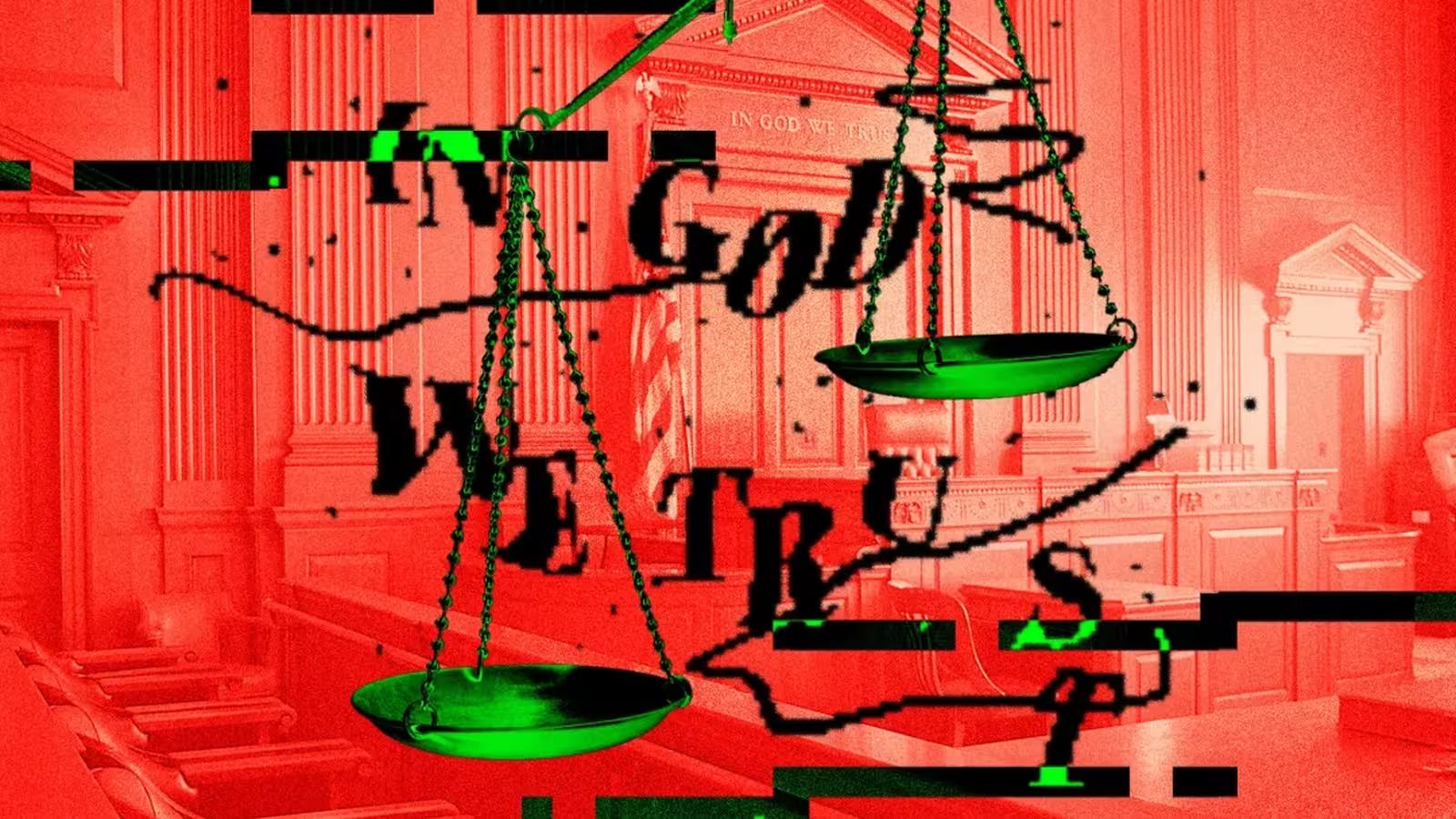3 Minutes
AI Hallucinations Spark Judicial Controversy in US Federal Court
In a striking incident underscoring the risks of artificial intelligence in the legal field, a US district court judge has retracted a pivotal ruling in a biopharma securities case. The unusual move comes after it was uncovered that the decision contained fabricated quotes and significant case citation mistakes, echoing common errors generated by AI-powered legal research tools.
Legal Mishap Signals Growing Dependence on AI Tools
The issue surfaced when attorney Andrew Lichtman filed a letter alerting Judge Julien Xavier Neals of New Jersey to a series of inaccuracies in his recent order, which had denied a motion to dismiss a lawsuit against pharmaceutical company CorMedix. Among the documented problems were outcome misstatements in three separate cases and a number of spurious quotations falsely attributed to previous court decisions—issues increasingly linked to the misuse or overreliance on language models such as ChatGPT or Claude.
Official Correction and the Uncertainty of AI Involvement
According to Bloomberg Law, the court quickly posted a memorandum acknowledging that the original ruling was issued in error, promising that a corrected opinion would be forthcoming. While it’s normal for courts to fix minor typographical or stylistic mistakes post-ruling, such sweeping corrections or redactions—especially those involving factual citations—are rare and provoke concern about reliability in digital legal processes.
Comparisons: AI in Legal Research—Promise and Pitfalls
This incident fits a growing pattern as legal professionals experiment with next-generation AI tools. Earlier this month, defense attorneys for MyPillow founder Mike Lindell incurred fines due to referencing AI-generated, bogus legal citations. Similarly, Anthropic’s Claude chatbot made headlines for providing flawed references in a lawsuit with music publishers. These examples highlight both the speed and convenience AI offers law firms, but also the critical need for human oversight, as large language models (LLMs) still tend to produce convincing but fabricated content known as "AI hallucinations."
Market Relevance and Cautious Adoption
As the legal sector races to integrate generative AI platforms and machine learning models for case analysis, research, and document drafting, these cautionary tales emphasize the importance of accurate data verification. Law firms, court officials, and clients must weigh the advantages—such as accelerated legal research, cost savings, and automation—against the substantial risks of misinformation. Despite their rising popularity, AI tools are not yet reliable replacements for thorough legal scholarship and must be used as assistive rather than authoritative resources.
Conclusion: The Future of AI in Law Remains Collaborative
This high-profile correction serves as a timely reminder that while AI innovations are transforming the legal landscape, vigilance and rigorous fact-checking remain critical. As artificial intelligence shapes the future of legal technologies, industry stakeholders will need to establish best practices and ethical guidelines to safeguard the integrity of judicial processes worldwide.
Source: theverge



Comments